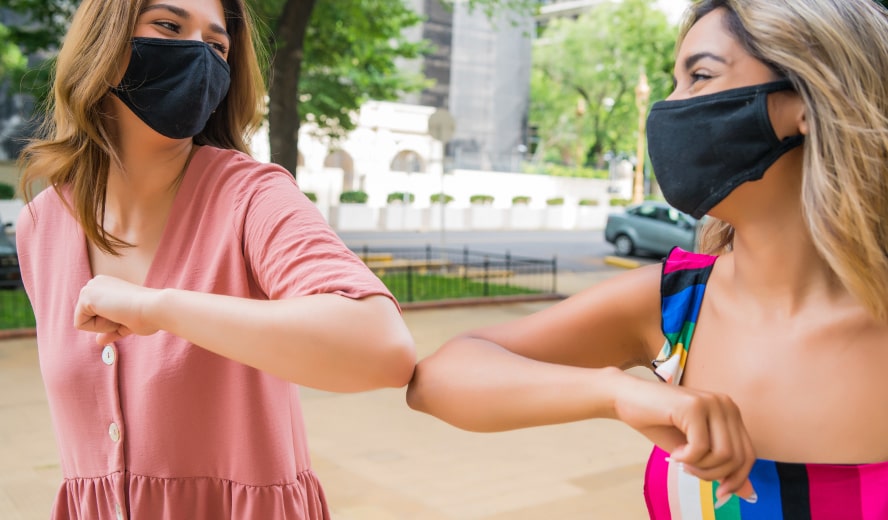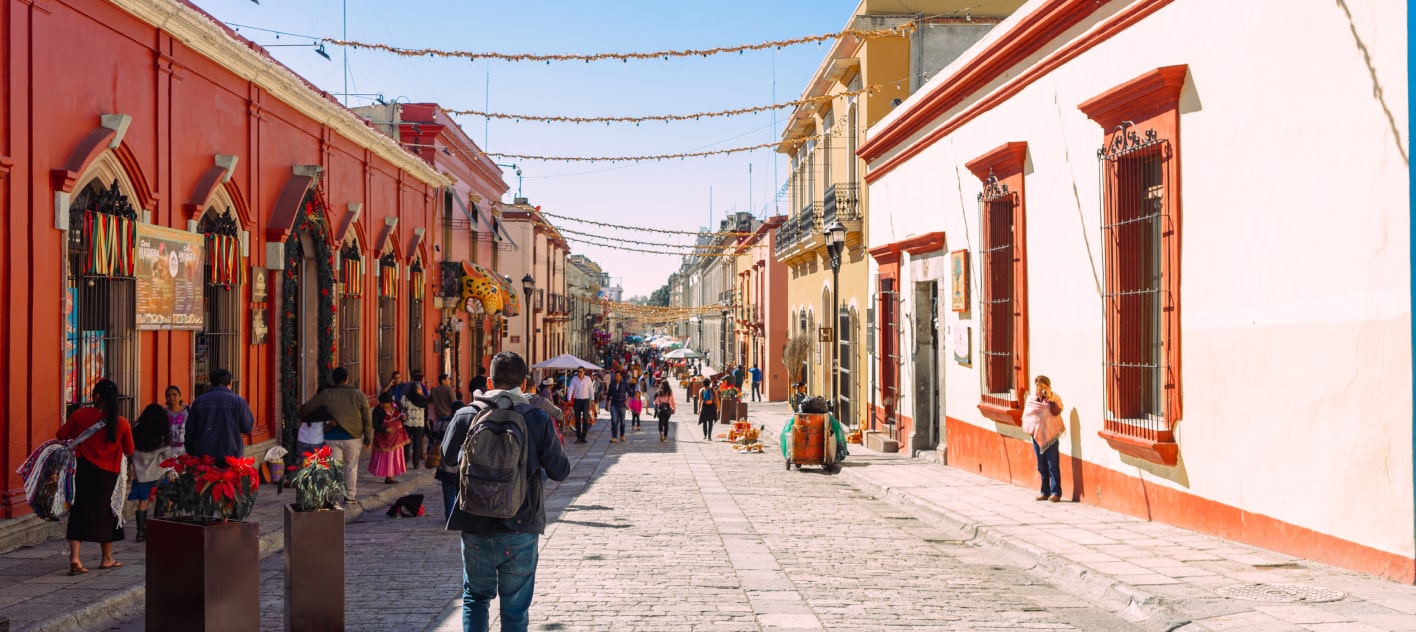The Mexican state of Oaxaca has become very popular with tourists in recent years, and it’s not hard to see why. A rich cultural and local arts scene, delicious food, Oaxaca City’s attractive old town, and excellent Pacific Coast surf beaches have made it a go-to destination for enlightened travelers in Mexico. Spots like the surfers’ paradise Puerto Escondido have proved especially popular.
Yet even with everything Oaxaca, Mexico has to offer, many travelers may still wonder: is it safe to visit? In truth, this is a valid question to ask of any destination, as safety risk may not always be apparent and relying on stereotypes or hearsay about what is a “safe destination” can only get you so far.

Staying safe in Oaxaca

Common sense safety tips for traveling in Oaxaca
When walking around, don’t flash money or flaunt wealth or expensive items like watches. Keep cash hidden in a money belt, don’t leave valuables unattended, and store any important documents you’re not using in your hotel room, assuming it’s secure. You should be sure to stay alert while withdrawing money at ATMs and only accept rides from licensed taxi companies. These are all sensible ways to avoid being a victim of petty crime or worse.
In addition, pay attention to local guidance on sanitation and health and safety concerns. For example, you should only drink bottled water, or at the very least carry a filter water bottle at all times. Don’t eat raw fruit and vegetables, as most food-borne illnesses result from this rather than from cooked food.
Since Oaxaca is on the Pacific Coast, be aware of whether or not you’re traveling in hurricane season, and listen to weather advisories if necessary. Finally, educate yourself about any tropical diseases you may be more likely to contract on your trip, such as dengue fever or other mosquito-borne illnesses. And take precautions ahead of time including obtaining relevant prescriptions or preventative medications.

Is it safe to walk around Oaxaca at night?
Many people want to know: is Oaxaca safe for solo female travelers, and solo travelers in general? This question is especially pertinent when walking around Oaxaca City or Puerto Escondido at night.
Generally speaking, solo travel isn’t any more risky than traveling with others if you take the right precautions. You’re more likely to be a victim of petty crimes at night, so it’s wise to avoid walking around alone and stick to well-lit, high-trafficked areas.
Consider going out with other travelers at night and make sure you choose safe transportation options to get where you’re going. Oftentimes, public transportation may not be your safest option at night in Mexico. So waiting for transport after dark at a bus station as a solo female traveler is something you want to avoid.
Instead, take taxis from reputable and licensed companies, ask your host or accommodation provider about their top safety tips for staying safe in the area, and be aware of how to get in contact with local police. If traveling solo, make a habit of telling someone, such as a hotel employee or fellow traveler, where you are going and when you expect to be back. It can also be a good idea to have a local sim card for your mobile phone, which may make it easier for you to get in touch with local help or other travelers should you need to.

Is Oaxaca safe from cartels?
A major concern for anyone visiting Mexico and Oaxaca specifically is drug-related crime. Cartels are often in the news, which means tourists are concerned they may be caught up in crime and dangerous activity.
The truth is, you’re more likely to be a victim of petty crime than drug-related crime. If you follow best practice, listen to travel warnings, avoid getting caught up in any political demonstrations, and heed all warnings coming from the local government, you can be fairly confident that you will be safe in Oaxaca.
Of course, be aware that as with any form of travel, the situation is always fluid and can change quickly. So pay attention to changing travel advisories — both from local officials and the State Department — and follow your instincts. If a situation seems unsafe or you’re told to relocate, remove yourself from it immediately

Peace of mind traveling in Oaxaca
If you want to stay safe in the Oaxaca region, it’s wise to follow the kind of travel tips that are advisable when visiting any location, be it in Mexico or elsewhere. Always take out a comprehensive travel insurance plan before you travel. This will give you peace of mind knowing you’re covered in the event of a mishap.
Travel insurance policies like those available from battleface can be customized to include travel medical cover, giving you access to a 24-hour helpline should you ever need help finding emergency support or services while abroad.
